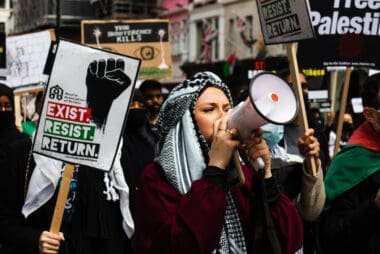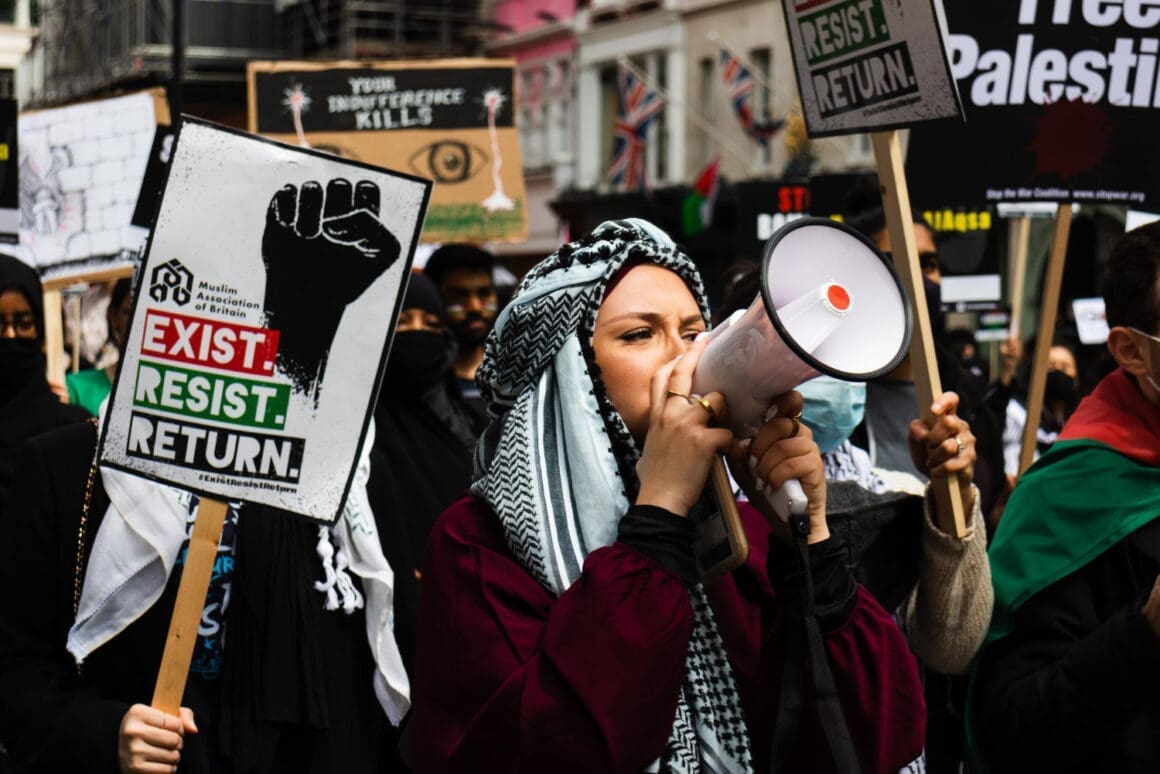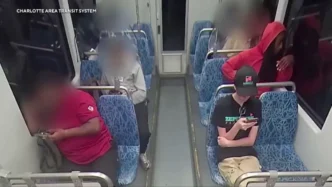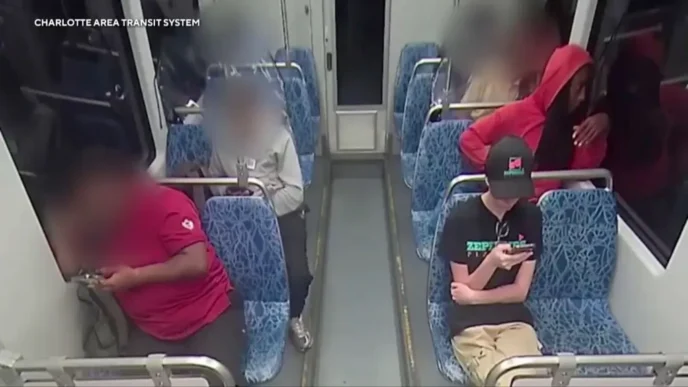The American Civil Liberties Union has initiated legal action against the University of Michigan, challenging the institution’s decision to impose campus bans on individuals involved in pro-Palestinian protests.
Jonathan Zou, a second-year student at the University of Michigan, is at the center of rising tensions over recent campus protests. Last October, he participated in a pro-Palestinian demonstration and used a megaphone, which led to his subsequent arrest by university police. Despite the charges not being formally pursued, Zou has since been prohibited from entering University of Michigan campuses except for attending classes or receiving medical care.
The ACLU has taken up the cause for Zou and four others, asserting that the university’s actions are a violation of free speech rights. The lawsuit filed in a federal court contends that the university overstepped its authority by restricting access to public property without proper legal proceedings. Zou expressed concern about the institution’s approach, stating that while the university acknowledges a history of activism, it appears to resort to arrests, surveillance, and bans to suppress student expression.
Pro-Palestinian demonstrations that occurred nationwide on college campuses last year have brought significant legal consequences. At the University of Michigan, these actions have included suspensions of groups, withdrawal of funding, and imposition of campus bans. The situation has been exacerbated by broader geopolitical tensions, particularly in Michigan, where the demographic includes both a large Arab American community and a notable Jewish population.
Further complicating matters, a recent executive order from President Donald Trump calls for stringent measures to combat antisemitism on college campuses. This order includes potential actions against those labeled as ‘Hamas sympathizers,’ promising legal consequences and visa revocations. The University of Michigan has yet to publicly respond to the lawsuit and has not provided comments regarding these developments.
While relief efforts continue in the Gaza Strip following a tenuous ceasefire between Hamas and Israel, the prospect of resumed fighting remains. The ceasefire, though temporarily shifting the dynamics, has brought a deluge of humanitarian assistance into the area previously affected by war and displacement. Nevertheless, the educational paths and rights of the students engaged in these protests remain a crucial issue, highlighting a broader debate on free speech and university governance.
As the legal proceedings move forward, the outcome of this case could have far-reaching implications for how universities handle campus protests and the balance they strike between safety and freedom of expression.














